During meal times in Ramadan, it’s important to eat healthy and nourishing food. Experts believe fasting is a great opportunity to strengthen the digestive system, adjust our blood sugar and triglyceride levels.
Two keytimes during the Ramadan month are Suhoor and Iftar. It’s more crucial to mark the start or end of fasting with a balanced meal to keep you energised throughout the day.
SUHOOR
Suhoor is supposed to be eaten before sunrise, making it the first and important meal of the day.
After Suhoor, the fasting continues until it’s time for Iftar which would be dinner. Ideally, the food during Suhoor should be able to provide all the essential nutrients for a smooth fasting period.
Here are five foods that that will help you in staying hydrated and energised throughout the day:
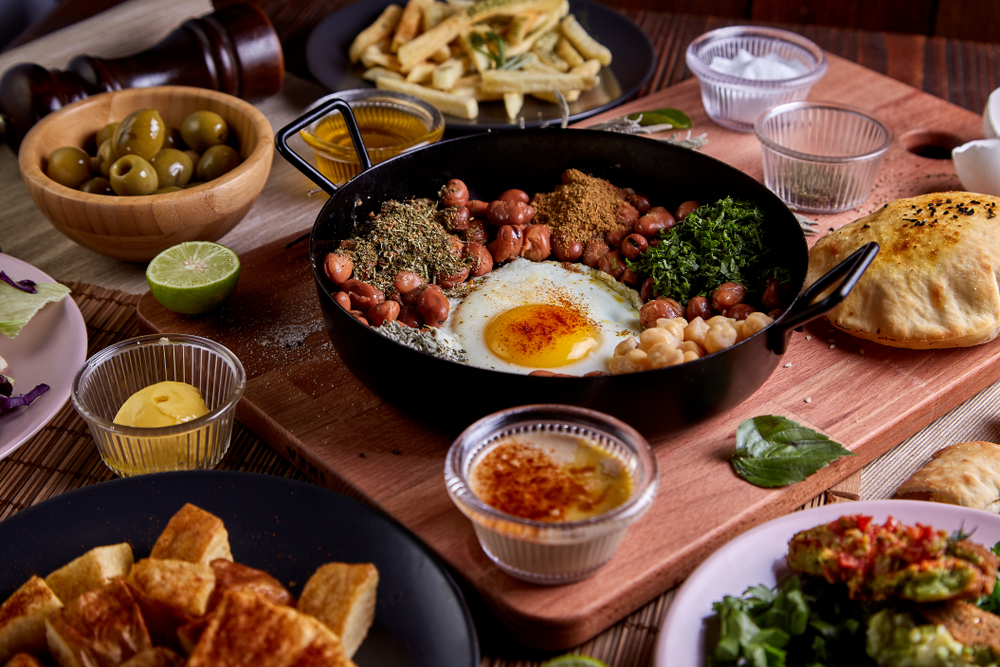
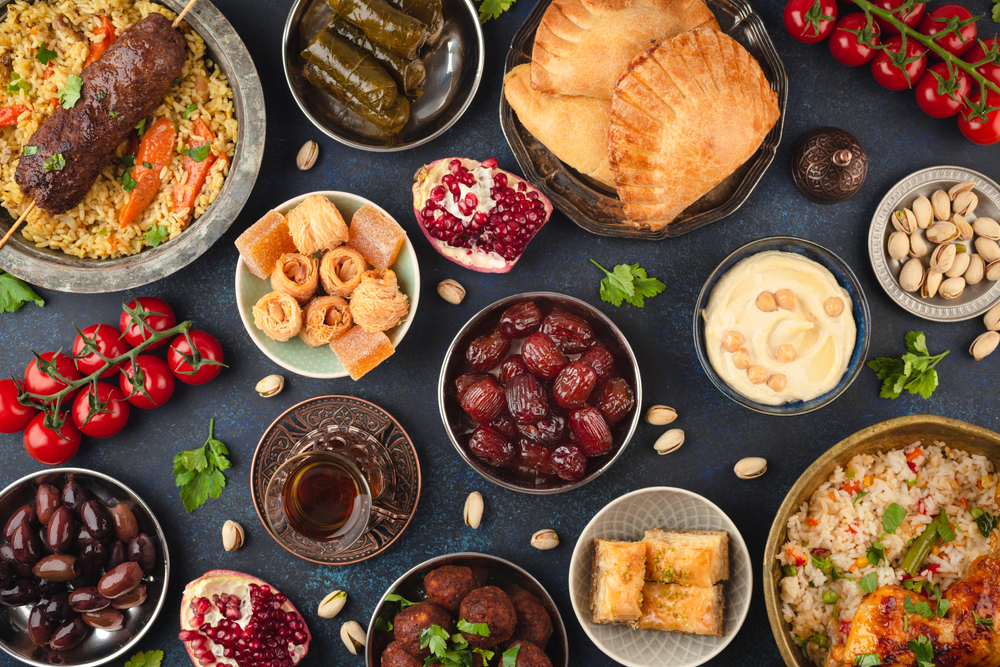
Vegetables and Fruits
Vegetables and fruits play a big part in keeping you hydrated. When preparing meals, you may want to include vegetables such as cucumbers, lettuce, tomatoes, spinach, broccoli and carrots.
These vegetables contain at least 85 percent water, making them the perfect choice for the much needed hydration.
Whereas for fruits, try to include watermelons, strawberries, cantaloupes and oranges. The water content for these fruits ranges from 80 percent and above.
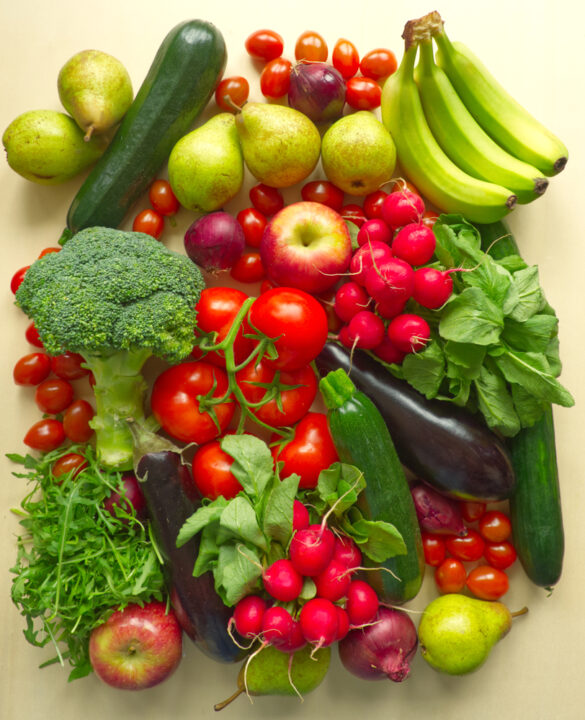
Overnight Oats
Overnight oats is basically a no-cook method. If you are pinching on time and looking for something quick to whip up the night before suhoor, overnight oats is the perfect choice. All you need to do is soak some oatmeal in milk (or a dairy alternative) overnight, in a refrigerator.
Oatmeal as it is, is packed with fibre and you can choose to add more nutrients to it by adding various kinds of toppings ranging from vitamin-filled fruits to protein packed nuts. The choice is in your hands.
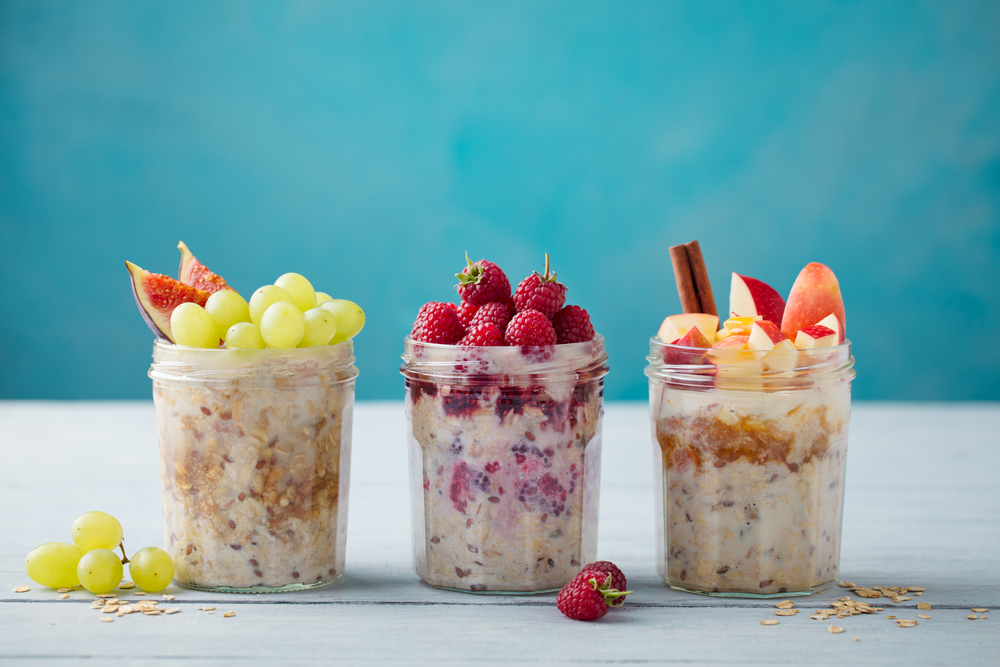
Eggs
Eggs are very high in protein, making it one of the best foods to start your day! For your suhoor meal, you can try vegetable omelette, an egg sandwich or even an egg salad. The possibilities are endless!
However, please be mindful when using seasonings or too much cooking oil because they can make you feel thirsty as you go about your day.
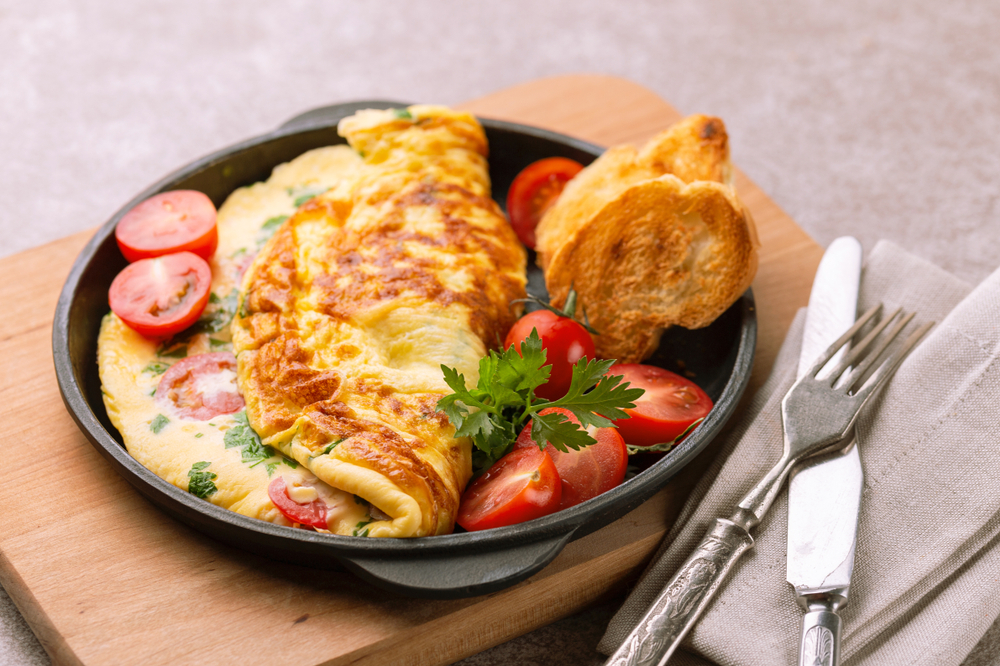
Nuts
Nuts are tasty, convenient and can be enjoyed with most kinds of meals. They can also be eaten as it is. Nuts are a great source of many nutrients such as fibres, protein, vitamin C, magnesium and selenium.
Some nuts to consider during your suhoor are almonds and walnuts. Experts point out that these nuts are packed with good fats, which will help you stay full throughout the day. Furthermore, you can also include nut-based butters in your suhoor meal such as bread and peanut butter or almond butter.
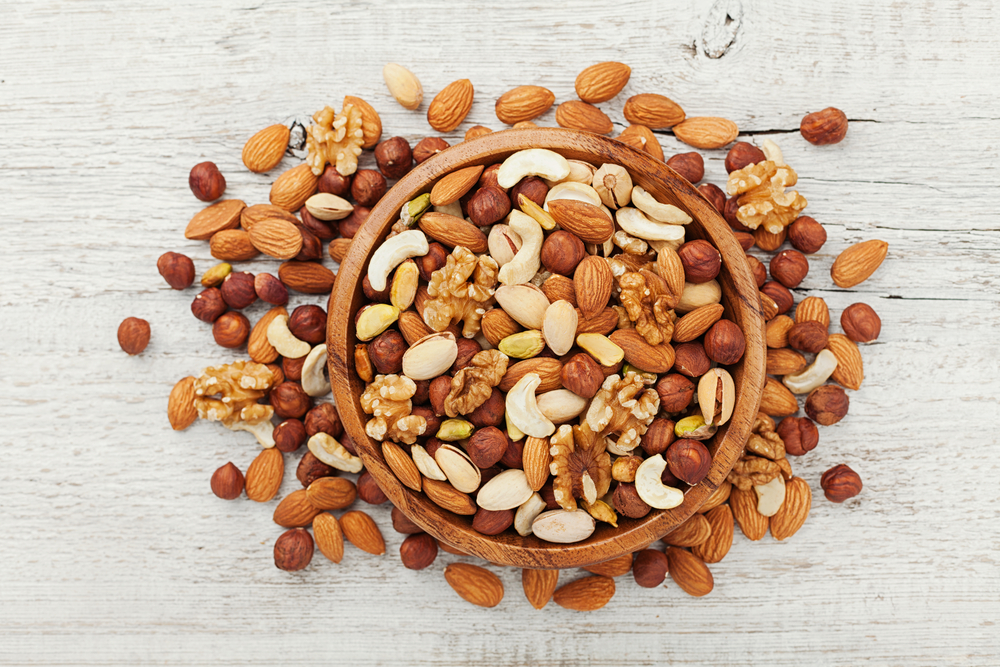
Full Wheat Bread or Brown Bread
Bread made using wholemeal flour is more nutritious and takes longer to digest than other breads such as the white bread. Therefore, it’s an ideal choice to keep you full for a longer period of time. Brown bread is also high in carbohydrates which helps in keeping you energetic throughout your day.
White breads are not recommended for suhoor because they are known to have simple sugars which can contribute to feeling thirsty.
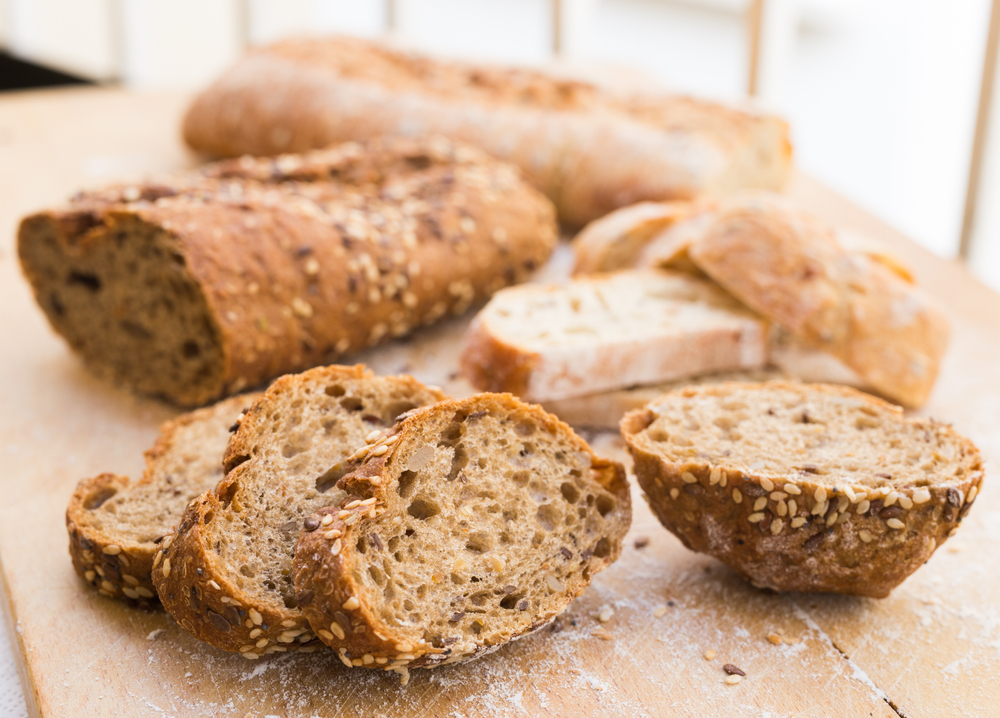
IFTAR
Iftar meals are important because this is where family and friends come together to break their fast after a long day of fasting. This is also the time where the body needs good food to replenish.
On that note, here are five foods that will help your body with some much needed energy boost.
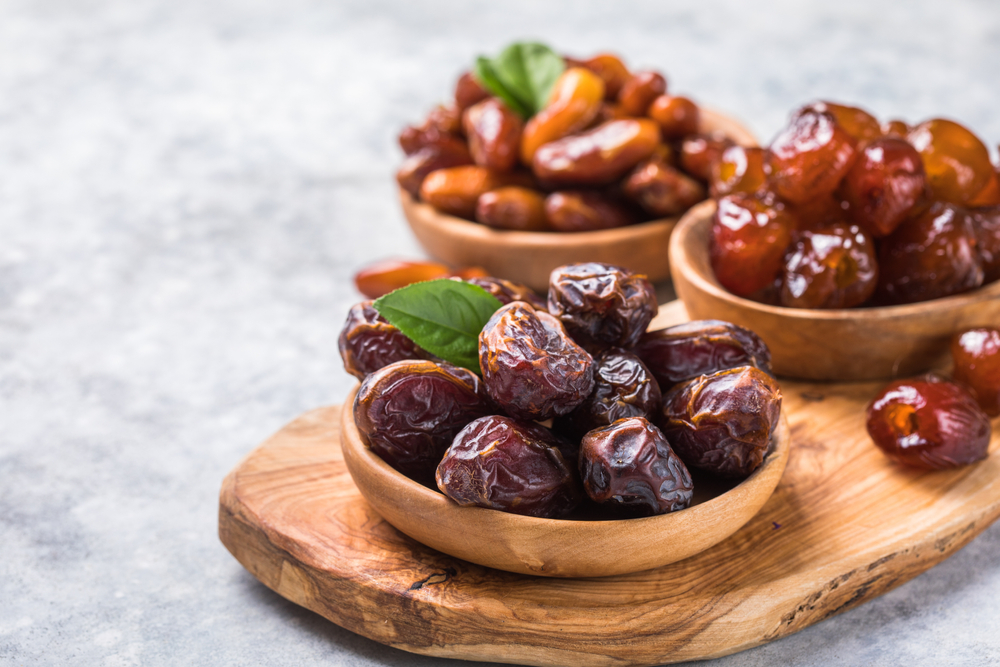
Dates
Dates may look small, but do not judge them based on their size. Traditionally, dates are eaten to break a fast during Iftar. They are a major powerhouse packed with antioxidants and many health benefits.
According to experts, dates are easily digested, making them a quick source of energy and nutrients. Since dates are great for digestion, they are also believed to prevent an upset stomach when eating large amounts of food, especially after fasting where you go a long period without eating.
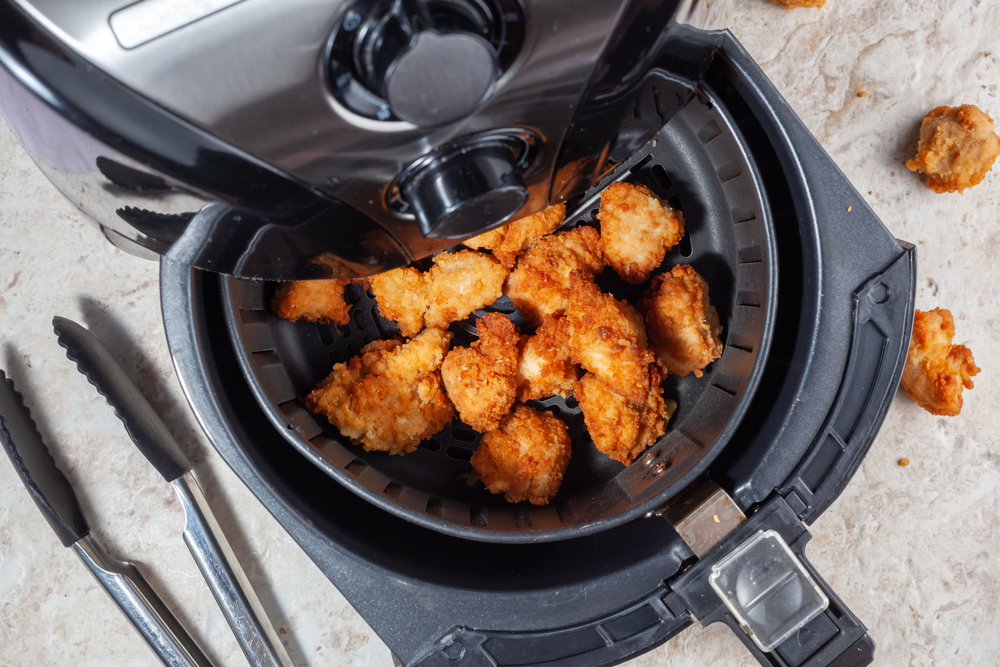
Chicken
For all the chicken lovers out there, try frying the chicken pieces in an air fryer for an oil-free meal. If you do not have an air-fryer, fret not! You can pan sear the chicken with a healthier oil choice such as canola oil or olive oil.
If you’re cooking chicken sambal or chicken curry, you can still use canola oil and opt for cow milk instead of coconut milk.
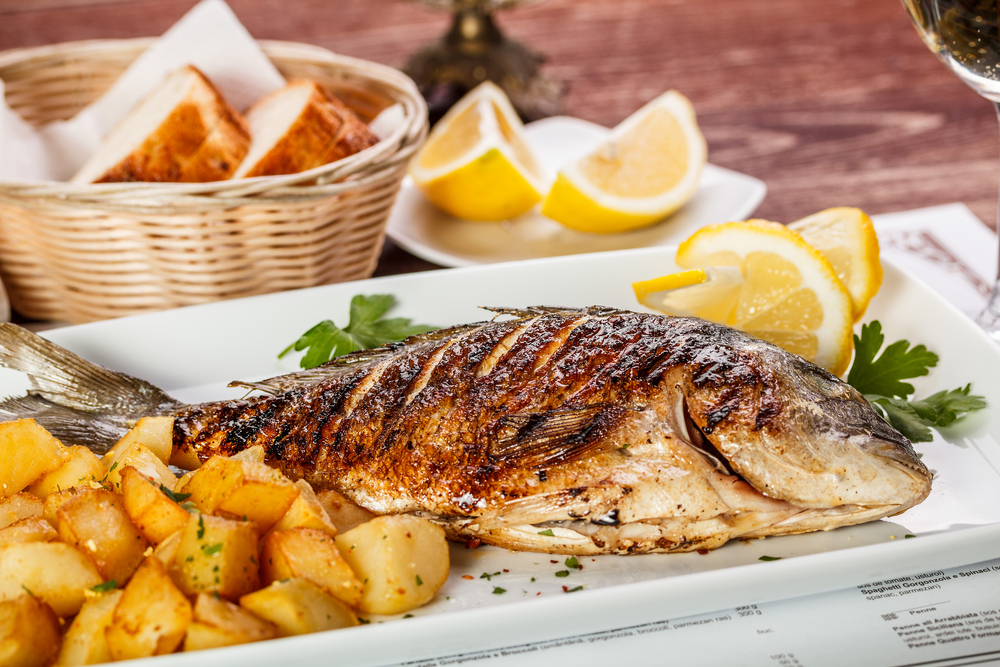
Fish
If you’re looking for a hearty meal, fish is a good choice! High in lean fat, fish makes the best option for a main dish. Try grilling the fish rather than frying it in oil. Your heart will thank you later.
Grilling the fish is a better option as it helps retain the fish’s natural juice and moisture in the meat. If you’re a fan of fried fish, you can opt for pan searing it with olive oil.
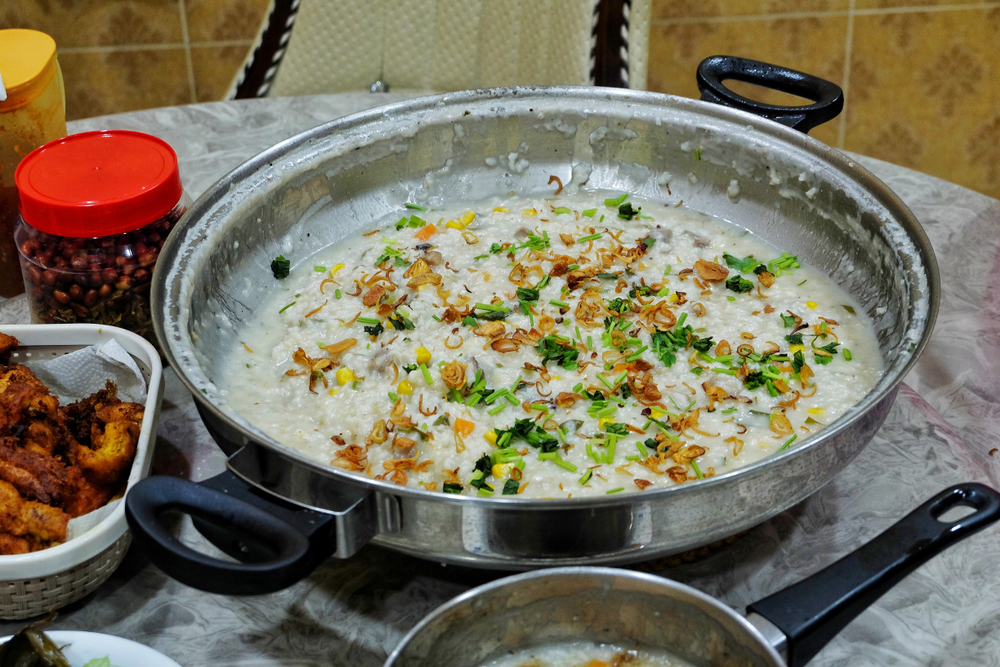
Soup and porridges
A bowl of comforting soup or porridge is the best way to break a fast. Porridges and soups have high nutritional values depending on what you put in it. You can elevate your soup and porridge with diced vegetables, ginger slices and minced meat.
Bubur lambuk is a crowd favourite in Malaysia during the Ramadan month. With the consistency of rice porridge, Bubur lambuk can be a mix of savoury and sweet depending on the regions in Malaysia. Many put a healthier take on Bubur lambuk by including a variety of vegetables in it such as coriander, ginger, green beans and carrots.
Source: Medical News Today, Healthline











